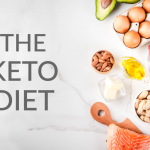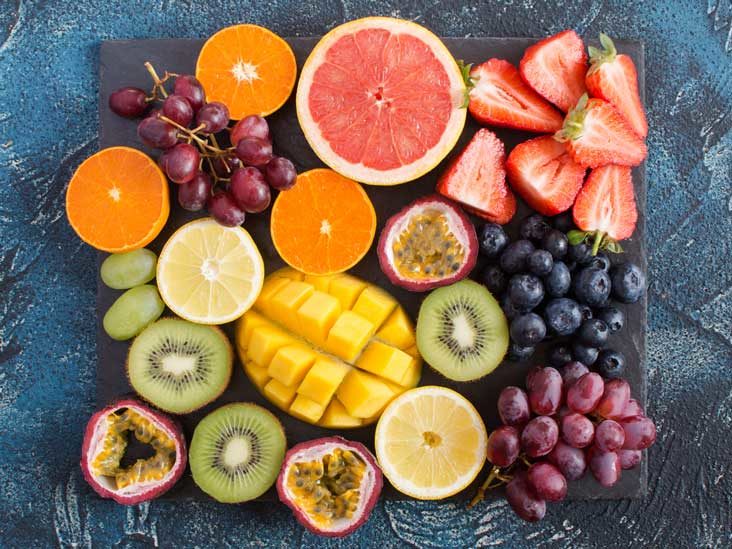A diet rich in vitamin C can help your body better defend against free radicals that cause inflammation and tissue damage. And while citrus fruits are the most well-known sources of vitamin C, many other fruits and vegetables contain high levels of it as well. In fact, you’d have to eat six oranges to get the same amount of vitamin C as you would in just one medium-sized green pepper! Here are 10 fruits and vegetables that are packed with vitamin C.
1) Introduction
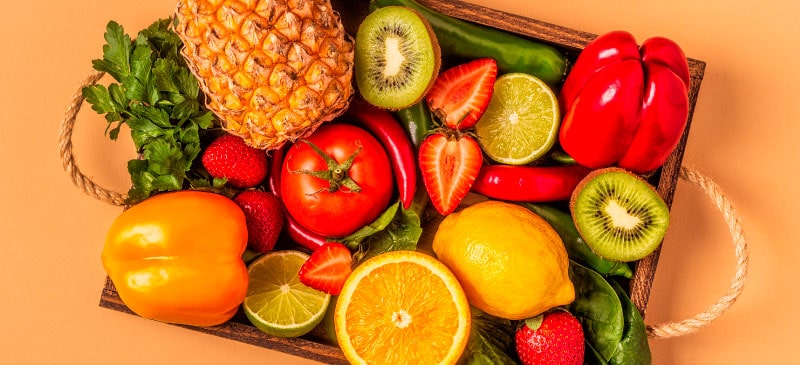
Vitamin C is an important nutrient that can help to promote healthy skin, hair, and nails. In addition, it may also be helpful in reducing the risk of heart disease. To make sure you’re getting enough Vitamin C every day, try including some of these foods into your diet: oranges, broccoli, grapefruit, kiwi fruit, tomatoes, strawberries.
Another idea is adding one or two tablespoons of lemon juice to a glass of water with breakfast, lunch, or dinner. You could also use it in a smoothie for breakfast or post-workout recovery drink for a boost during the day. Lemon juice has about twice as much Vitamin C as orange juice because lemons have both white pith and peel which are high in this nutrient.
2) Tomatoes
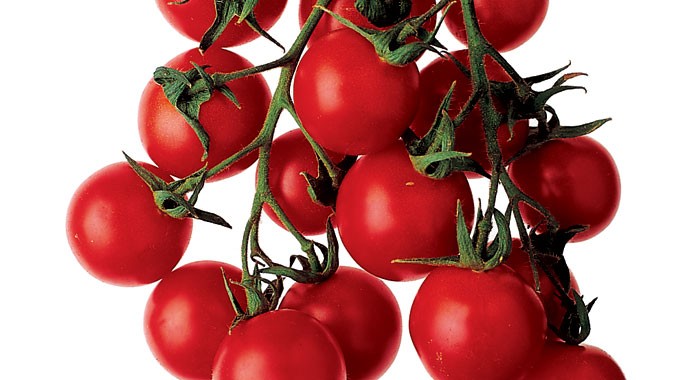
Tomatoes are a delicious, healthy food rich in vitamin. One medium tomato contains about 20% of your recommended daily intake for vitamin C. Tomatoes also offer other health benefits including improved cardiovascular health and reduced risks of certain cancers.
Tom tomatoes are also rich in lycopene which is an antioxidant that helps prevent cell damage from things like UV rays, smoking, and pollution. Lycopene can help prevent cancer by stopping the growth of cancer cells, reducing inflammation in the body, and lowering blood pressure. In addition to all these benefits, tomatoes are low calorie snack option that can be eaten raw or cooked with minimal effort which makes them perfect for those on the go who need a quick nutritious snack.
3) Oranges
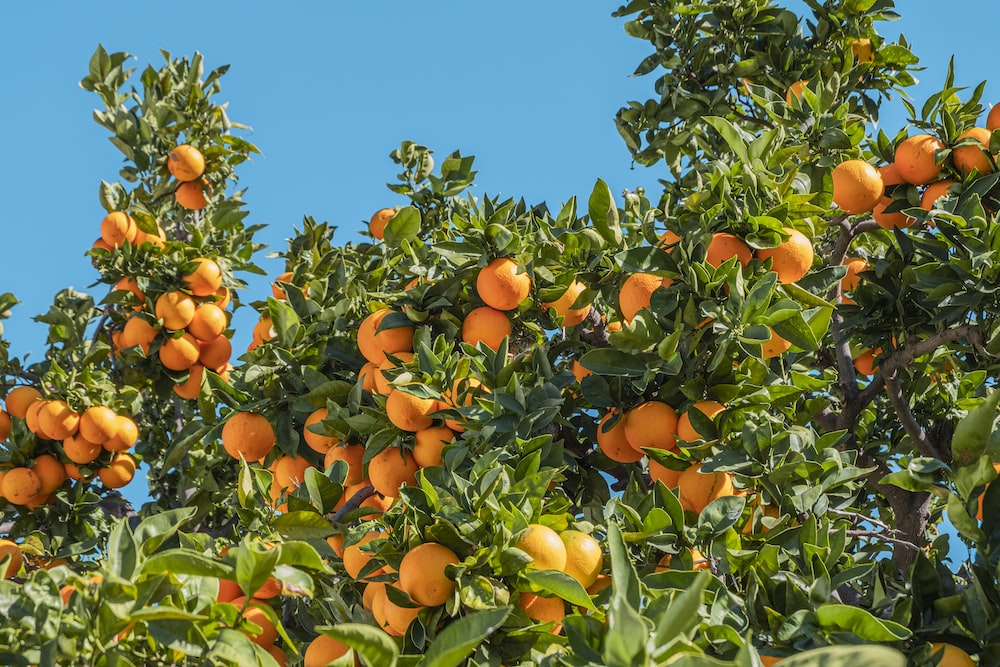
Oranges are packed with vitamin C, antioxidants, and fiber. They’re a great snack or dessert when you’re craving something sweet. These benefits make oranges an excellent fruit to eat throughout the day, but they also pair well with just about any meal. The vitamins in oranges can help strengthen your immune system, which is perfect for staying healthy during the winter months.
They are also high in folate, which may help prevent heart disease. In order to get the most out of this superfood, try adding orange segments to green salads or eating them as a side dish.
Grapefruit: Grapefruit is an excellent source of vitamin C and has only about half of the sugar that oranges do. If you want to enjoy some grapefruit on its own, be sure to remove it from the fridge 15 minutes before serving so it can warm up and taste more juicy! Grapefruit pairs really well with savory dishes like scrambled eggs and tomato sauce.
4) Broccoli
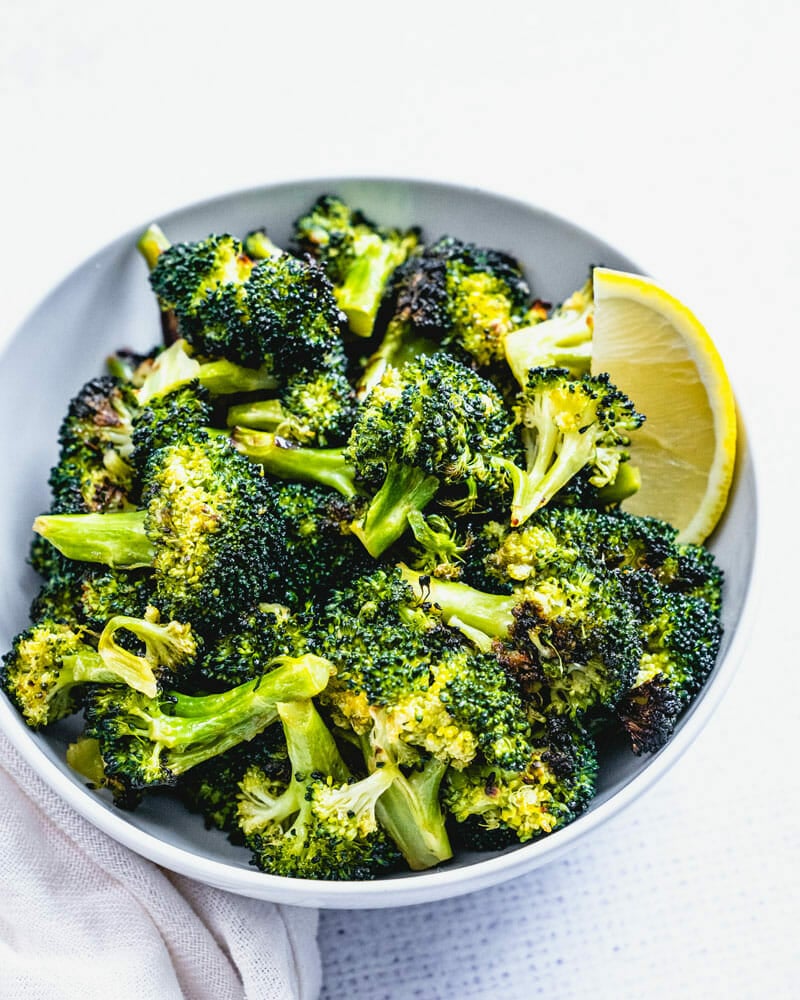
Broccoli is a great source of vitamin C. One cup of cooked broccoli contains about 75% of your daily recommended intake. Broccoli also contains a number of other vitamins and minerals, such as vitamin A, potassium, calcium, folate and iron. It’s even packed with phytochemicals that may help prevent cancer.
Out of all vegetables, broccoli is the most nutritionally dense. It’s low in calories but high in dietary fiber, protein, vitamin C, calcium, iron and potassium. Like many green leafy vegetables, it also provides you with carotenoids to fight against cancers.
Kale: Even though kale has less vitamin C than an orange does, kale is still an excellent source for this essential vitamin. A half-cup of chopped raw kale will give you close to 100% of your daily requirement for the antioxidant! Kale has been shown to contain high levels of beta-carotene which can improve eye health by fighting off certain types of eye diseases like macular degeneration and cataracts.
5) Guava
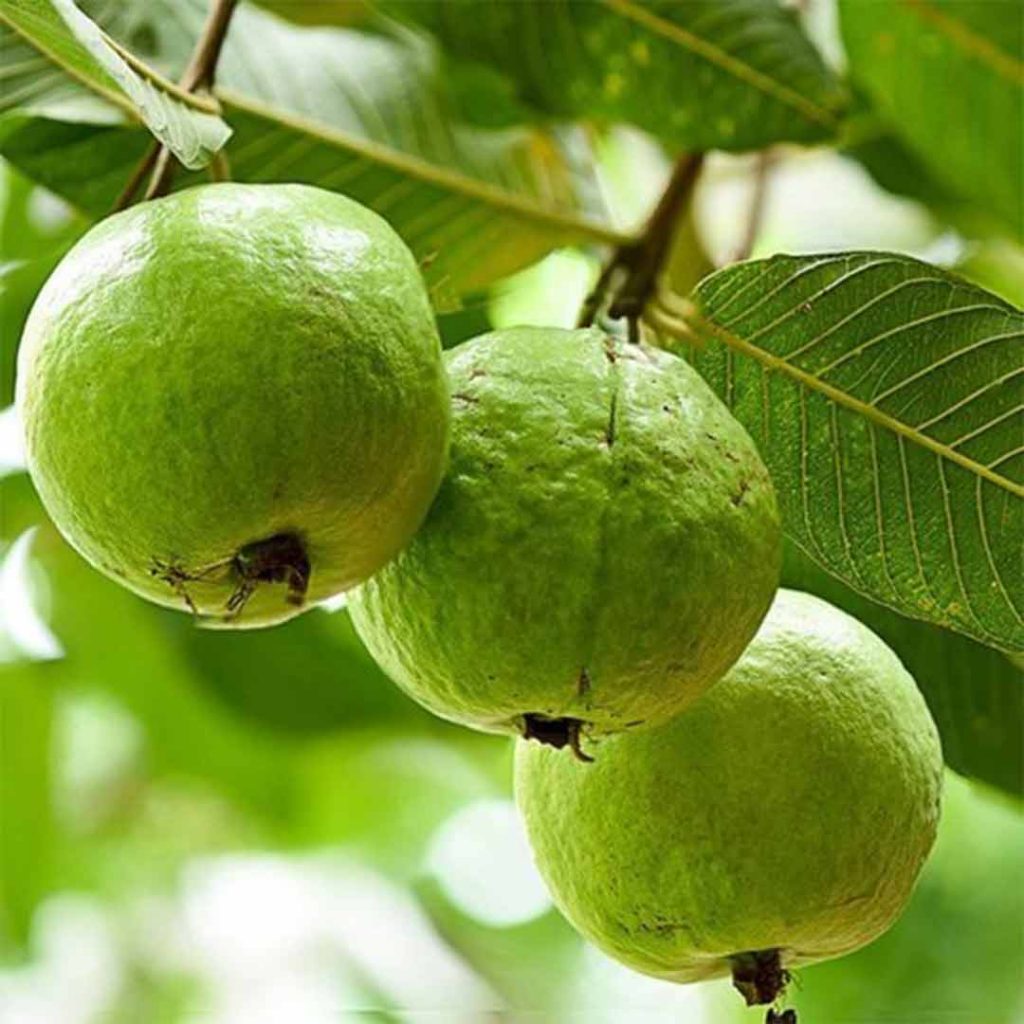
Guava is a fruit that originates from the southern parts of the American continent. It has a sweet, tangy taste that is loved by many people. It can be found in most regions of the world but it’s most commonly grown in Hawaii. Guavas are low in calories and contain significant amounts of vitamin A, vitamin C, potassium, and magnesium. They also have some protein content which makes them a great option for vegetarians looking for sources of meatless protein. In addition, they’re high in fiber which helps reduce cholesterol levels and aid digestion.
6) Kiwi
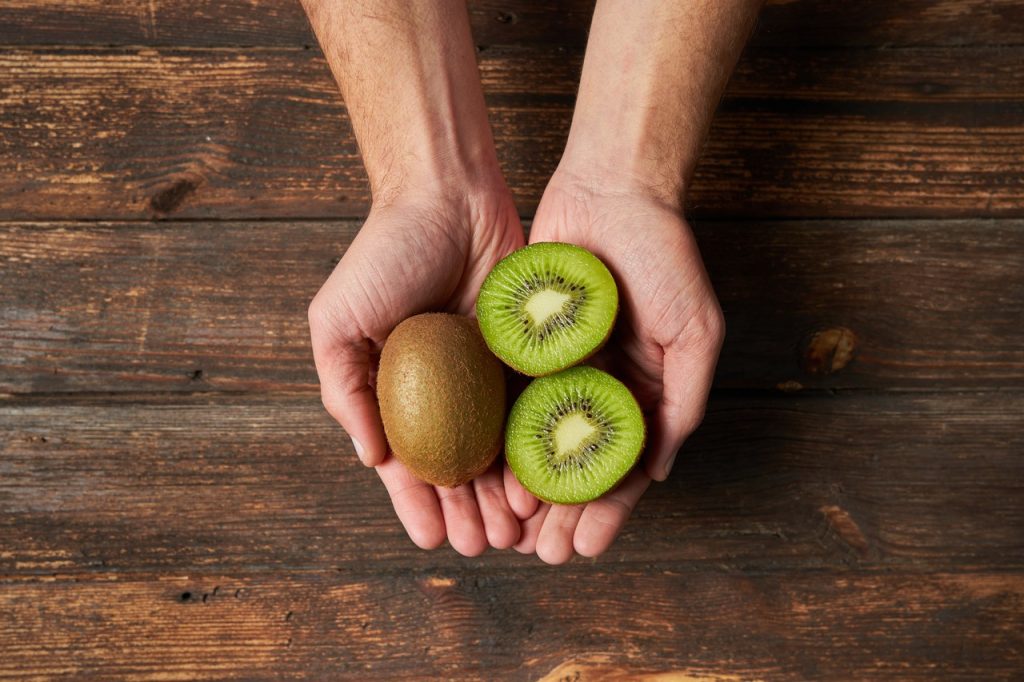
Kiwi fruit is known for its high levels of vitamin C. One kiwi fruit contains more than three times the recommended daily allowance of vitamin C, which is important because vitamin c helps maintain healthy bones, teeth, skin, muscles and blood vessels. In addition to being a source of vitamin c, kiwi is rich in potassium which helps to regulate heart rate and blood pressure. It also has plenty of fiber that can help control diabetes by regulating the level of sugar in your blood.
Kiwis are also a great source of lutein and zeaxanthin which are carotenoids that have been shown to help prevent age-related eye conditions such as cataracts or macular degeneration.
7) Papaya
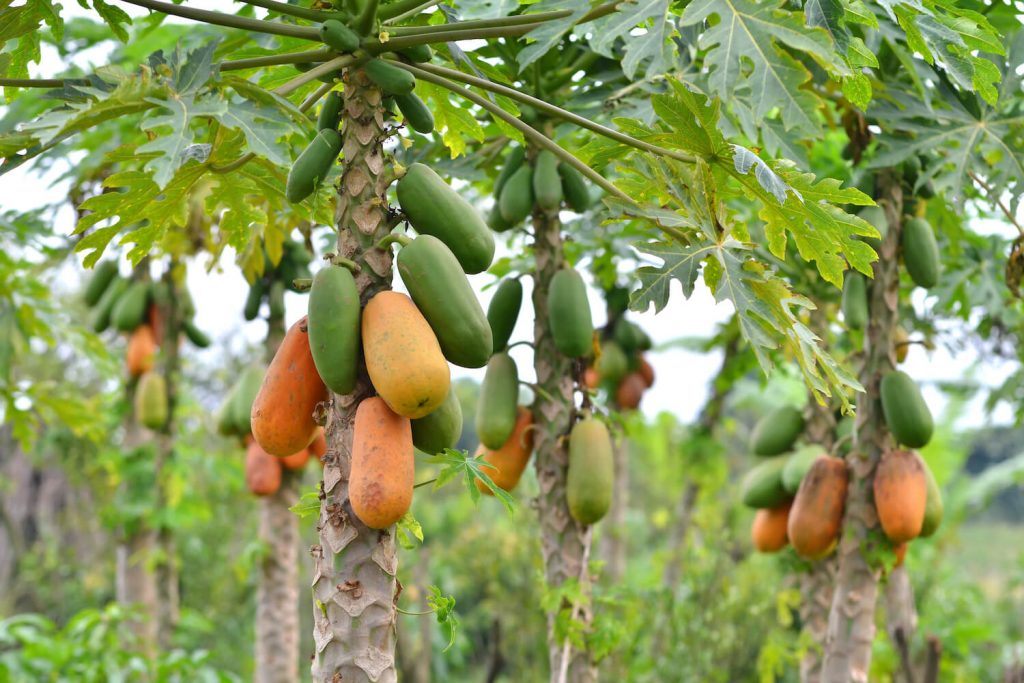
Papayas are a great way to get your daily vitamin C because they’re one of the most nutrient-dense fruits. They’re also rich in potassium, beta-carotene, lutein, folate, magnesium and fiber. The papaya is an excellent source of digestive enzymes that help break down food while aiding absorption. Eating papaya also helps alleviate an upset stomach due to its high levels of antioxidants that fight free radicals in the body. Plus, it’s pretty delicious! One of my favorite ways to eat papaya is when I’m out at a Thai restaurant and I ask for spicy papaya salad. It’s chopped up with red peppers, peanuts, rice vinegar and Thai spices like cilantro or basil leaves.
8) Strawberries
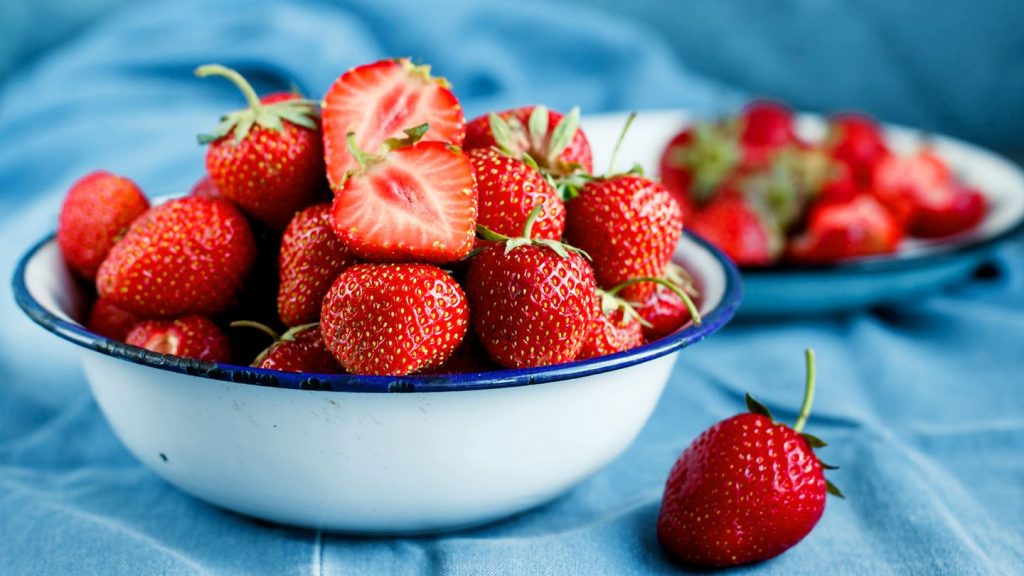
Strawberries are a delicious fruit that are perfect for snacking, desserts, or adding to fruit salads. They are also an excellent source of vitamin C. The bright red color is the sign of how much vitamin C they contain, so be sure to eat them with their skins on! Other great sources include oranges, grapefruit, broccoli, Brussels sprouts, kiwi and peppers.




